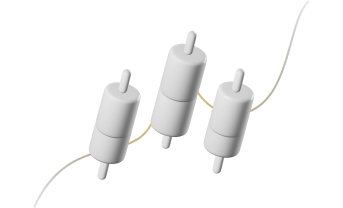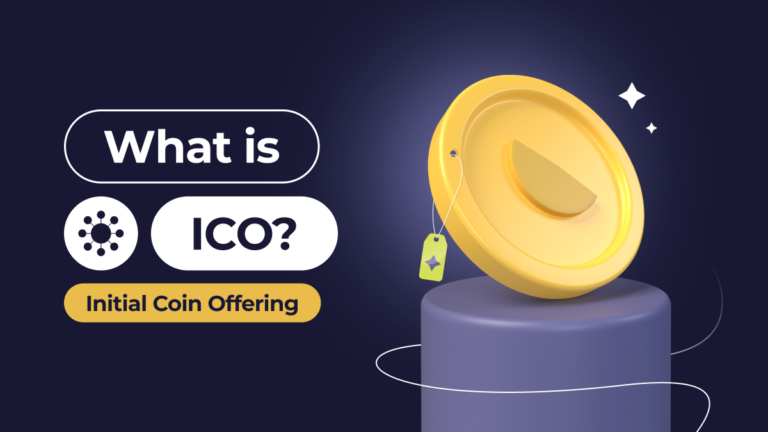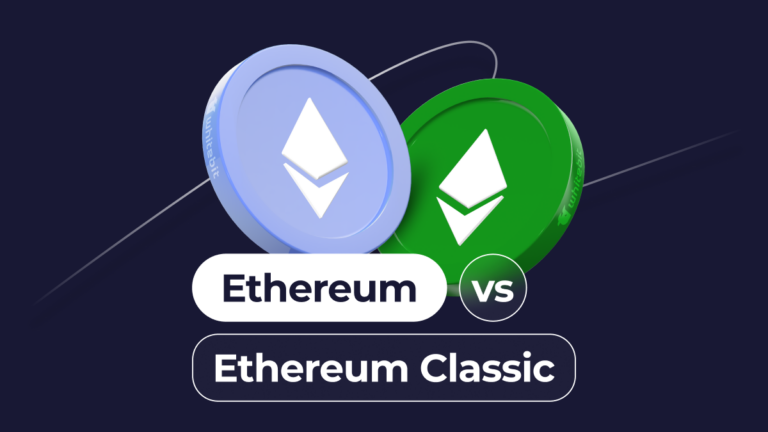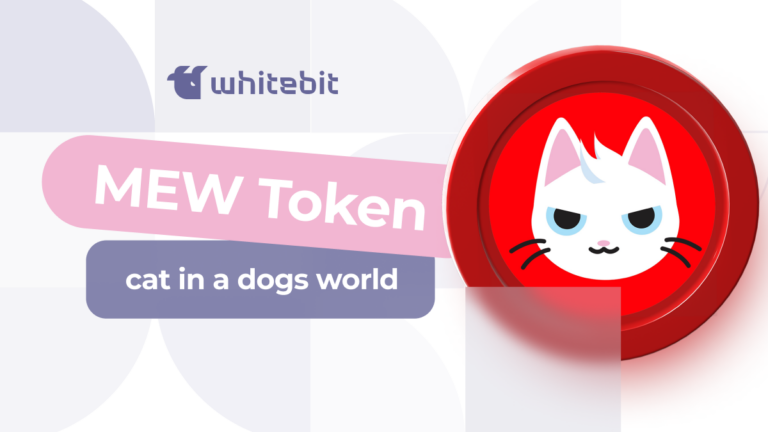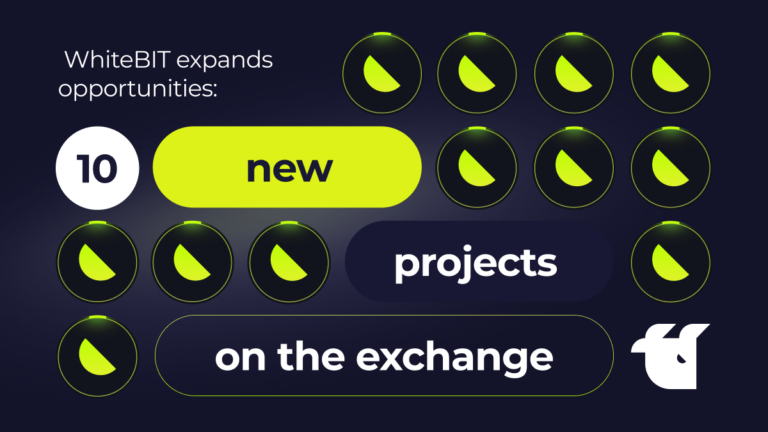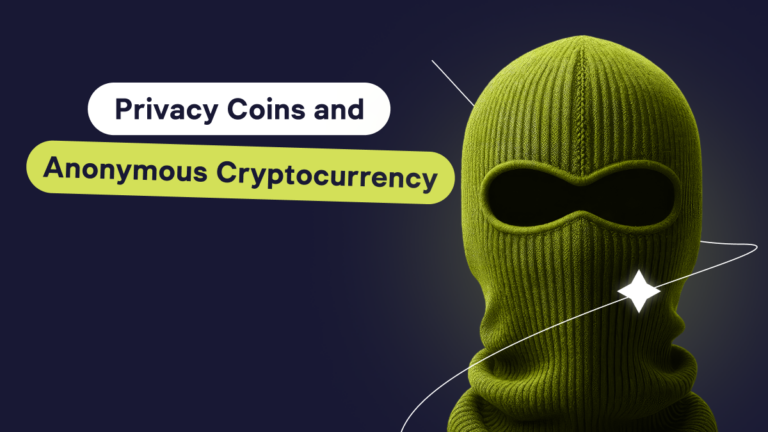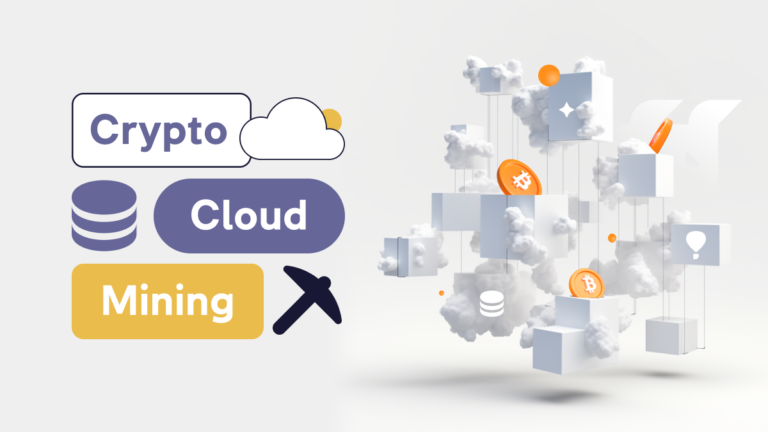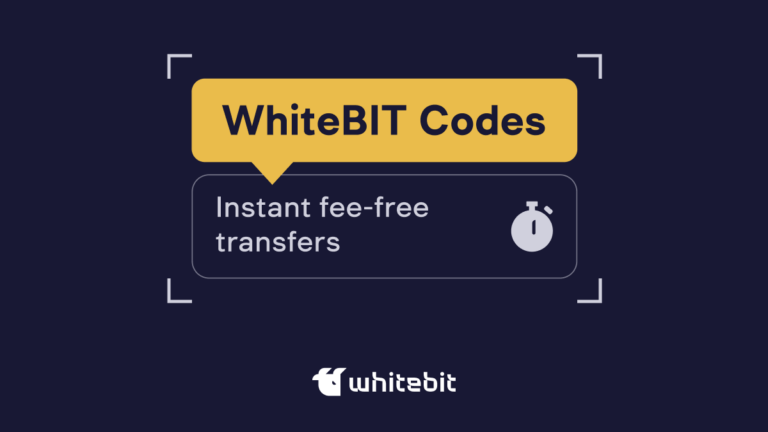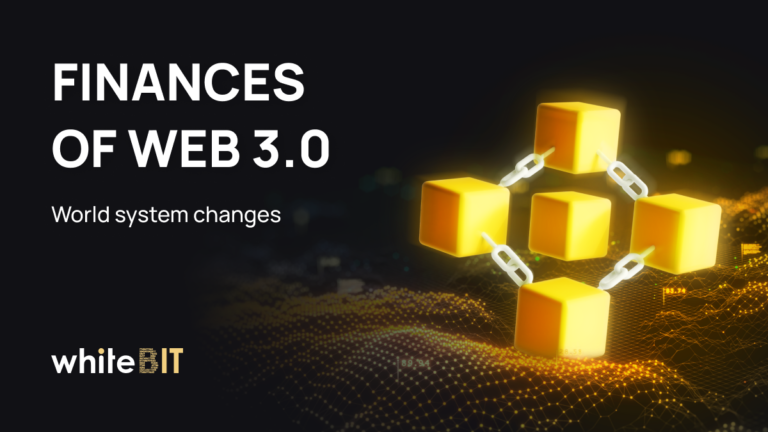Blockchain Oracle: How It Works and Why We Need It
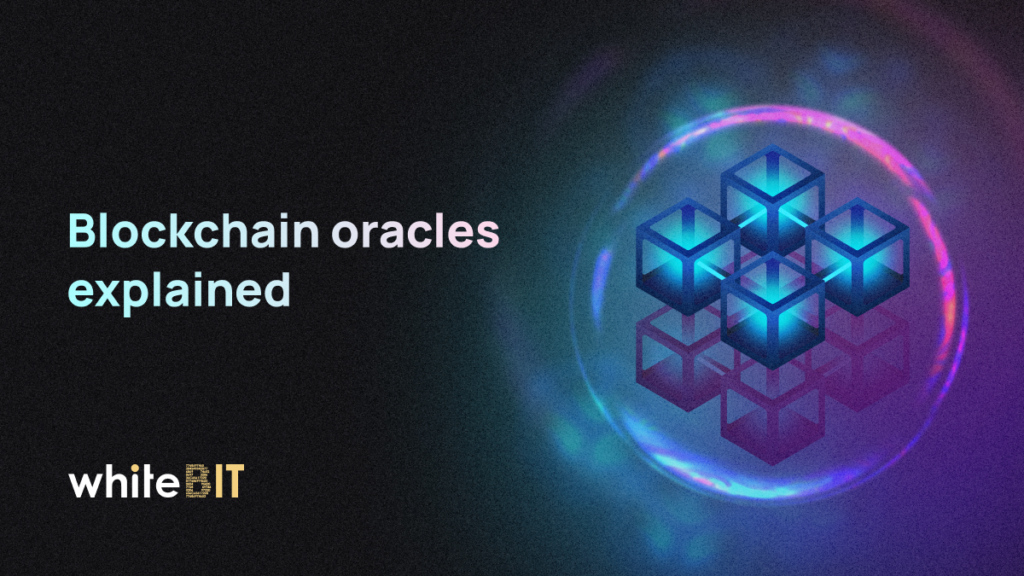
Content
Blockchains and smart contracts are limited to data within the network itself. To solve this problem and obtain information from the outside, one cannot do without an intermediary. This article will put on the table blockchain oracles, their types, applications, and the most popular platforms that offer this technology.
What is a blockchain oracle?
The oracle blockchain definition says that it is a service that connects the blockchain with external information sources or systems. It collects, processes, and transmits the necessary data to fulfill the terms of the smart contract.
Oracle and blockchain are very closely connected. For example, without oracles, smart contracts on the Ethereum blockchain could only access data within this network. But thanks to the existence of intermediaries, the execution of a contract can be activated by exchange rates, barcode reading, or world news.
Suppose users A and B decided to bet on which team would win a football match. They created a smart contract with the appropriate conditions and blocked in it a certain amount of funds, which will go to the winner.
To get football match data, the contract requests this information through an oracle. The oracle, in turn, learns the results of the match through the API of one or more platforms and transfers it to the blockchain, which activates the execution of the smart contract.
Types of blockchain oracles
There are several classifications of oracles according to their various characteristics.
By the nature of data sources, they are divided into software and hardware:
- Software oracles get information from the digital space: websites, databases, etc. In essence, they can collect and transmit all the information available on the Internet in real-time.
- Hardware ones, on the contrary, provide a connection with the real world. In this case, the sources of information are most often sensors.
In terms of information flow, the oracle can be incoming and outgoing:
- Incoming one transmits data from external sources to the blockchain.
- Outgoing one receives the smart contract’s decision and transfers it to third-party services or devices to fulfill the conditions.
By the centralization degree, blockchain oracles are divided into centralized and decentralized:
- Centralized ones are controlled by single authorities or specific individuals and use only one data source. This type of oracle is more vulnerable to attacks since it is enough to influence only the controlling authority or the source to which that oracle is attached.
- Decentralized ones collect data from several sources and compare it. Thus, the reliability of the information received increases, and it becomes much more challenging to carry out an attack.
In addition, there are other specific types of oracles:
- Contract-oriented ones are created to serve one specific smart contract. They are pretty expensive, and you need to create a new oracle for each new contract.
- Cross-chain oracles can transfer information between different blockchains.
- Computing ones produce time-consuming calculations that are difficult or unprofitable to perform on the blockchain itself.
How oracle blockchain service can be used
Oracles open up many new use cases for blockchain technology, but a few are particularly popular:
- DeFi. Most DeFi services need access to market and cryptocurrency data, so they cannot do without oracles. They often use price oracles, thanks to which platforms can tie token prices to real assets, control liquidity, and secure users’ positions.
- Insurance. By getting information from digital sources and the real world, the oracle can determine insurance cases, contribute to their certification, and activate the contract to pay the compensation.
- Supply chains. A smart contract can pay for the goods after the oracle sends information about a read barcode or data from a sensor that will react to the truck’s arrival. An example of a project that provides functionality for logistics is the Oracle blockchain cloud service.
- Dynamic NFTs. These NFTs can change under the influence of external factors reported by oracles.
- Random value generator. Computing oracles can generate random values and show how those values were determined. This process ensures that the results have not been tampered with.
Top blockchain oracle projects
Many crypto projects independently develop oracles to provide communication between their smart contracts and the off-chain environment. But this process takes time and removes attention from the project’s main tasks. Therefore, using third-party oracle blockchain as a service can be an excellent solution.
Although oracles are in high demand these days, very few platforms specialize in this service. Here is a list of the most popular ones.
Chainlink. This oracle blockchain platform has been a market leader for a long time, and hundreds of projects use its oracles. Chainlink is an Ethereum-based decentralized network of nodes that receive data from several sources, after which the information is processed by a special algorithm.
Band protocol. This data oracle blockchain service is the second most popular oracle that operates on the Cosmos Network, which reduces the cost of sending and receiving data.
DIA Association. The oracle is focused on the DeFi market and aims to become popular not only in the field of blockchain but also in traditional financial markets. It provides data on the prices of crypto and national currencies, as well as interbank lending rates.
Tellor. It is a price oracle in which data is confirmed by validators. They receive tokens for their work; if false information is found, this reward is lost.
The tokens of Chainlink (LINK) and Band Protocol (BAND) projects are available for trading on our exchange.
Conclusion
Oracles significantly expand the potential and scope of smart contracts. The technology has yet to improve the quality of information collection and its reliability, but the great potential of oracles is already visible.
Want to discuss the topic? Join our Telegram chat and share your ideas.
FAQ
These are services that operate as intermediaries between blockchains and third-party information sources.
Smart contracts themselves are limited to information within their blockchain. To get the data from the off-chain space, contracts need oracles that will collect the information, verify it and transfer it to them.
They are most popular in DeFi, but can also be used in insurance, logistics, and random value generation.

